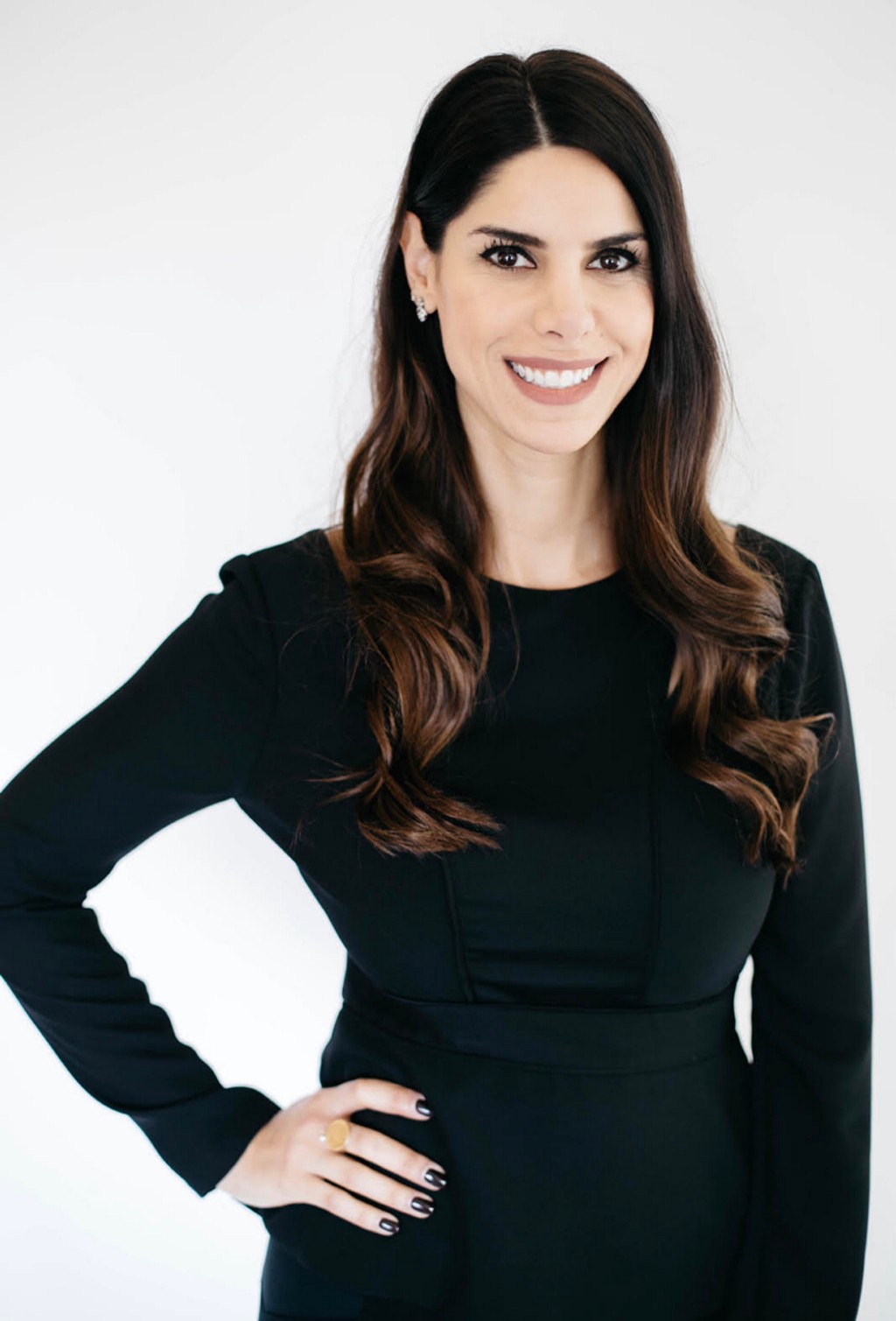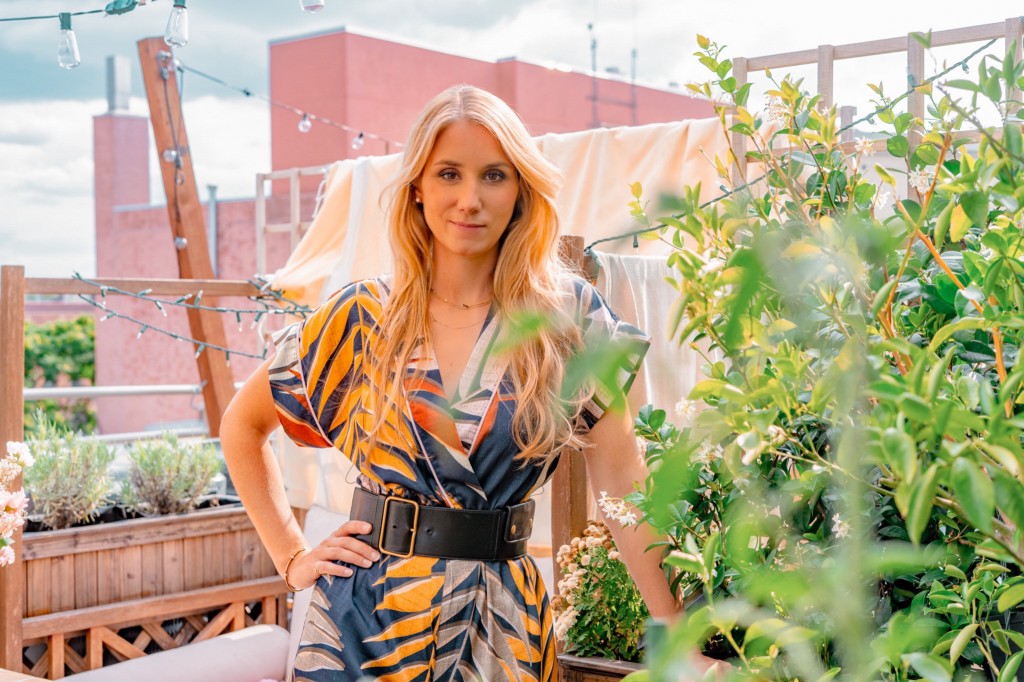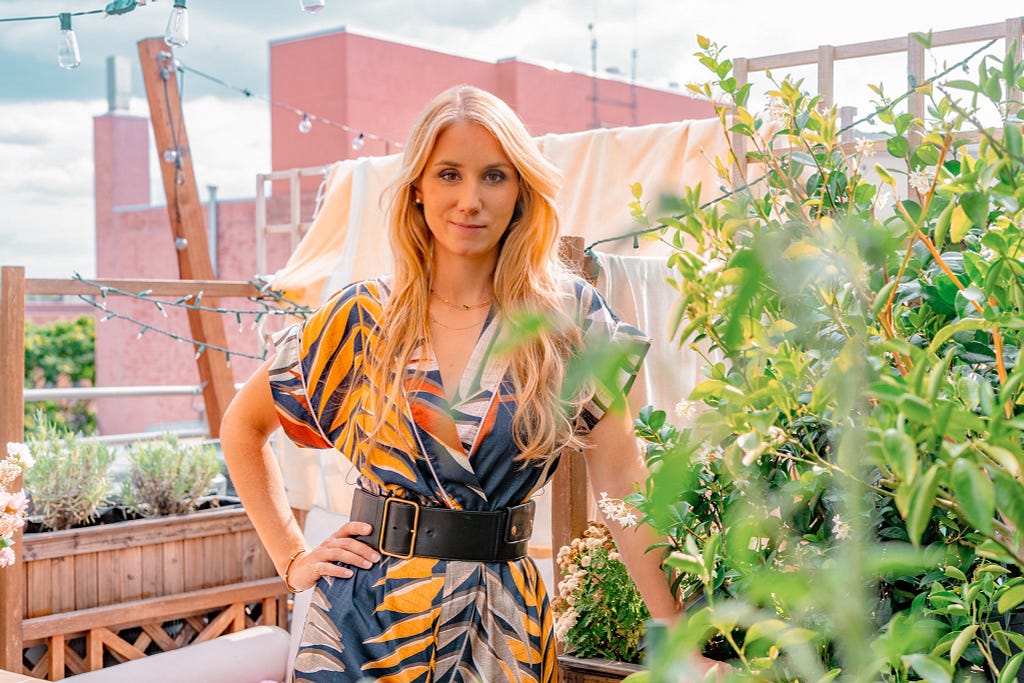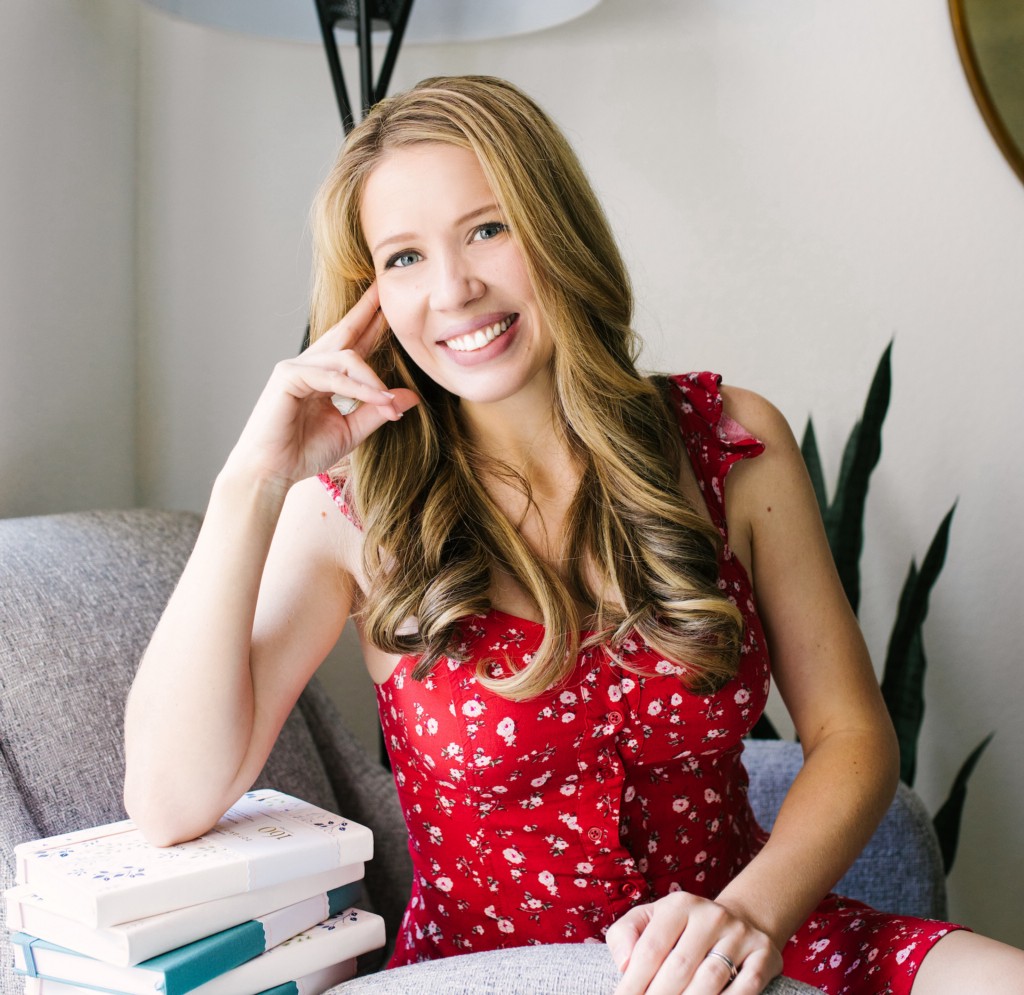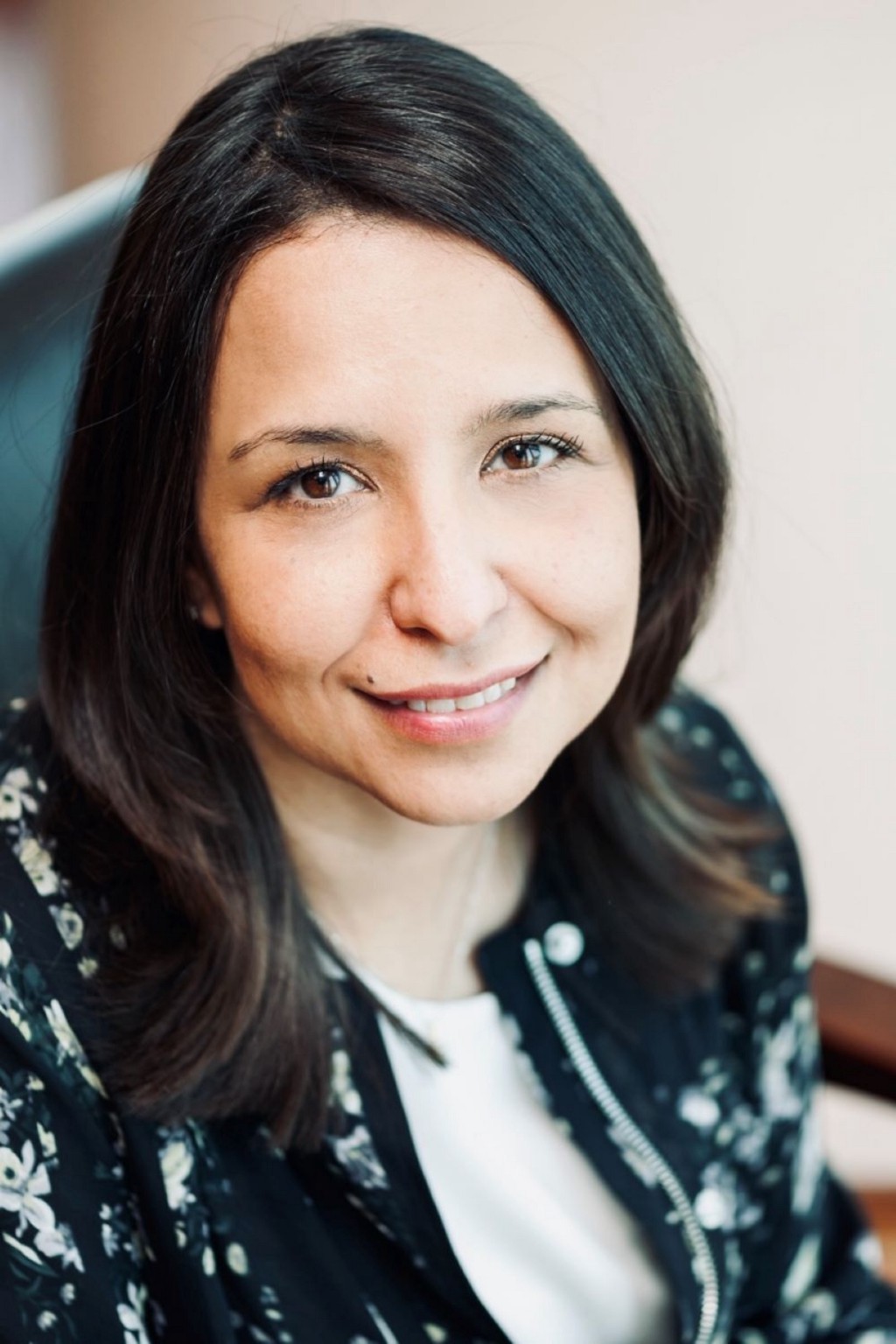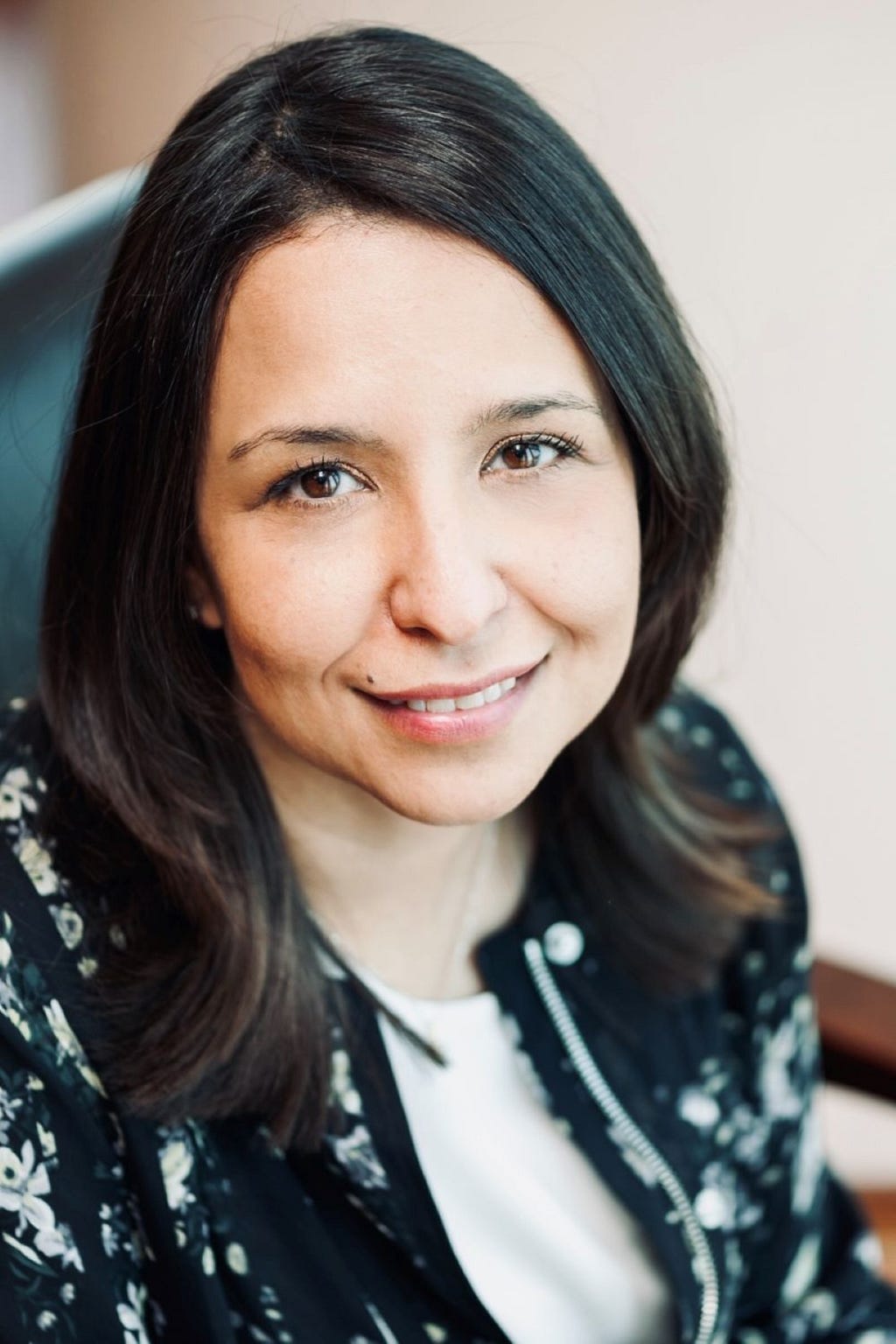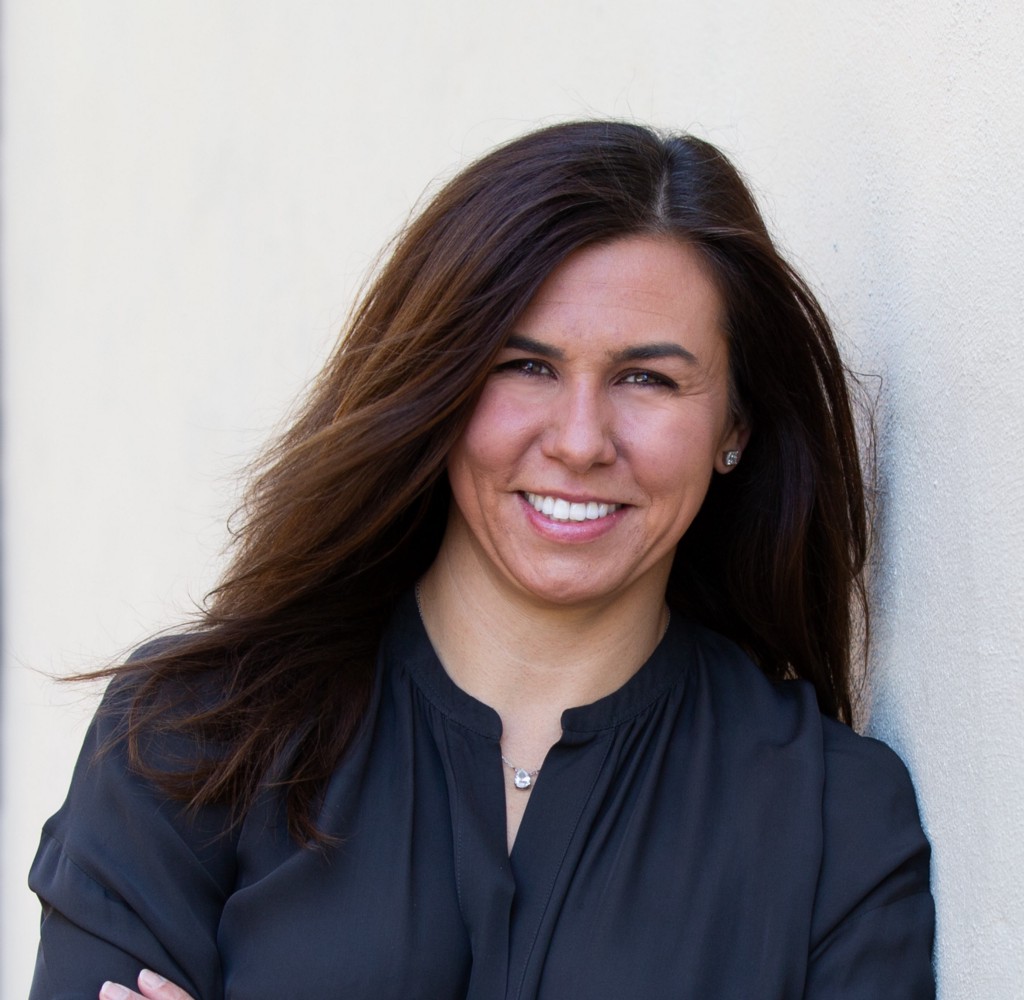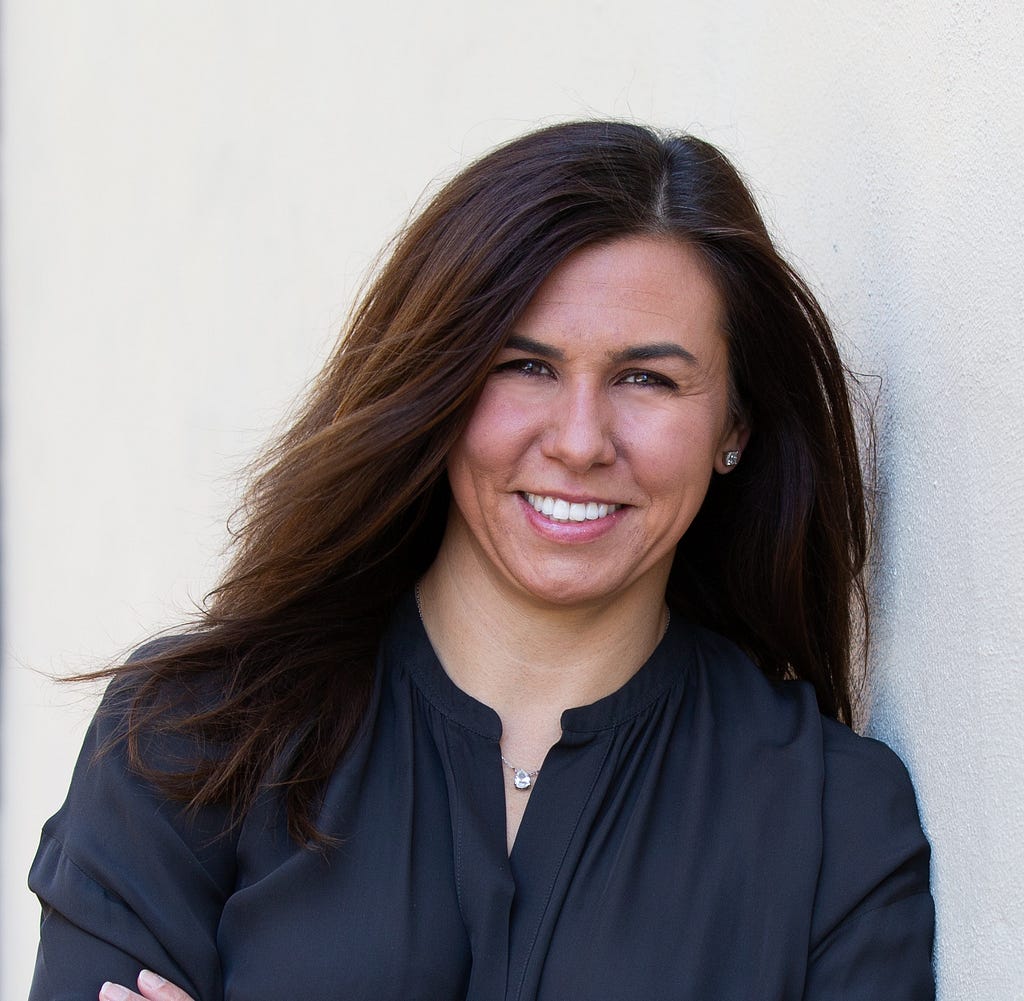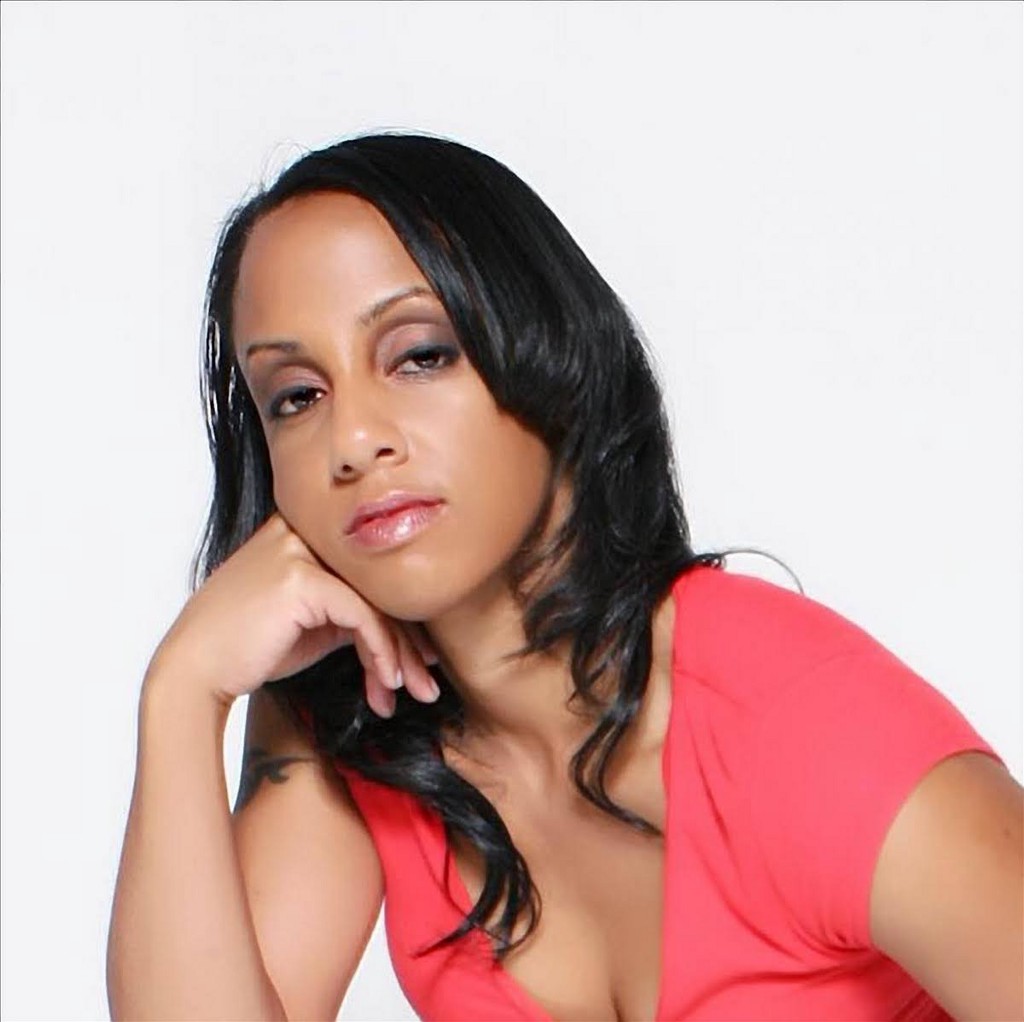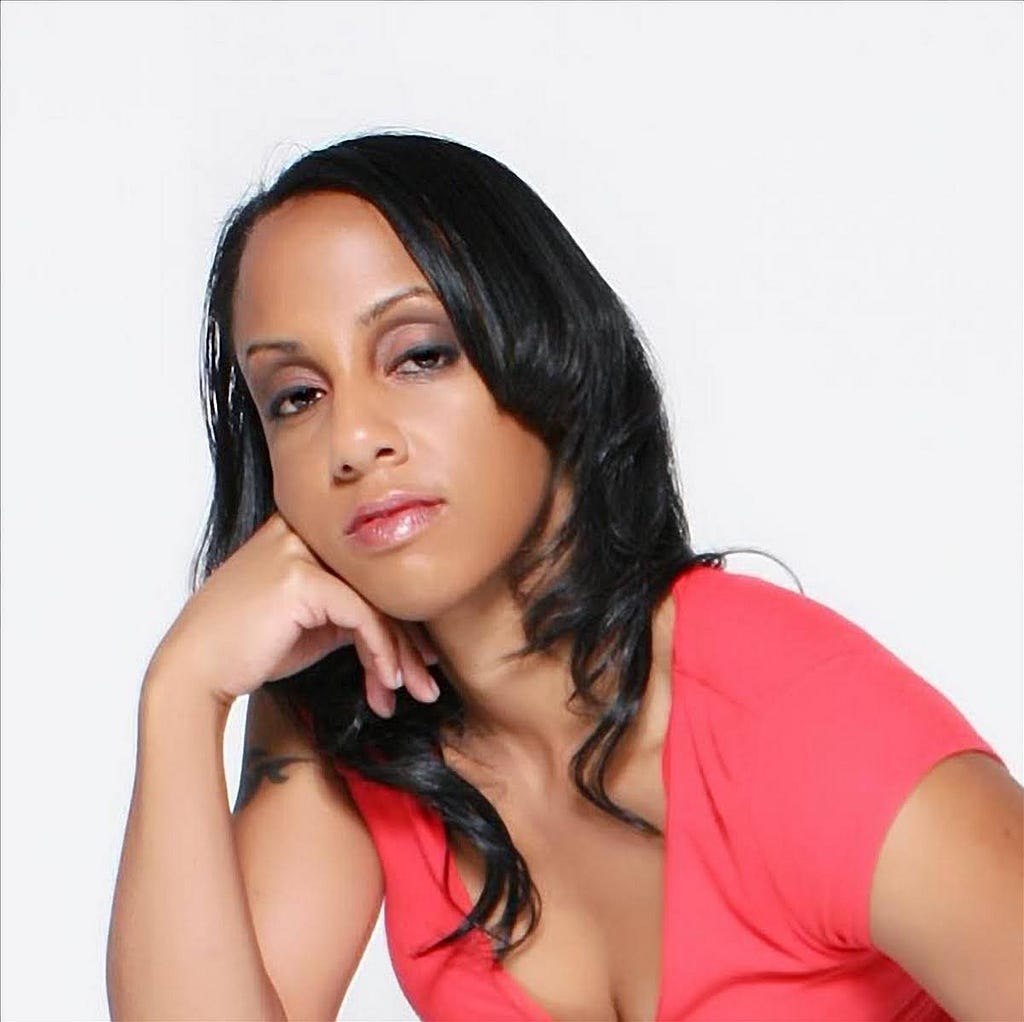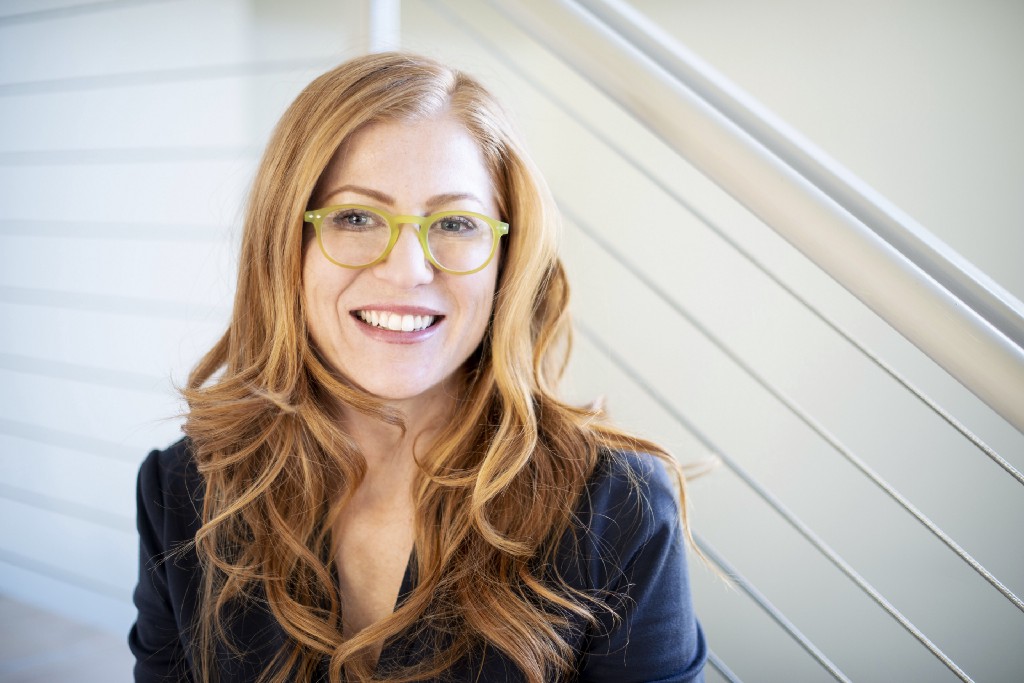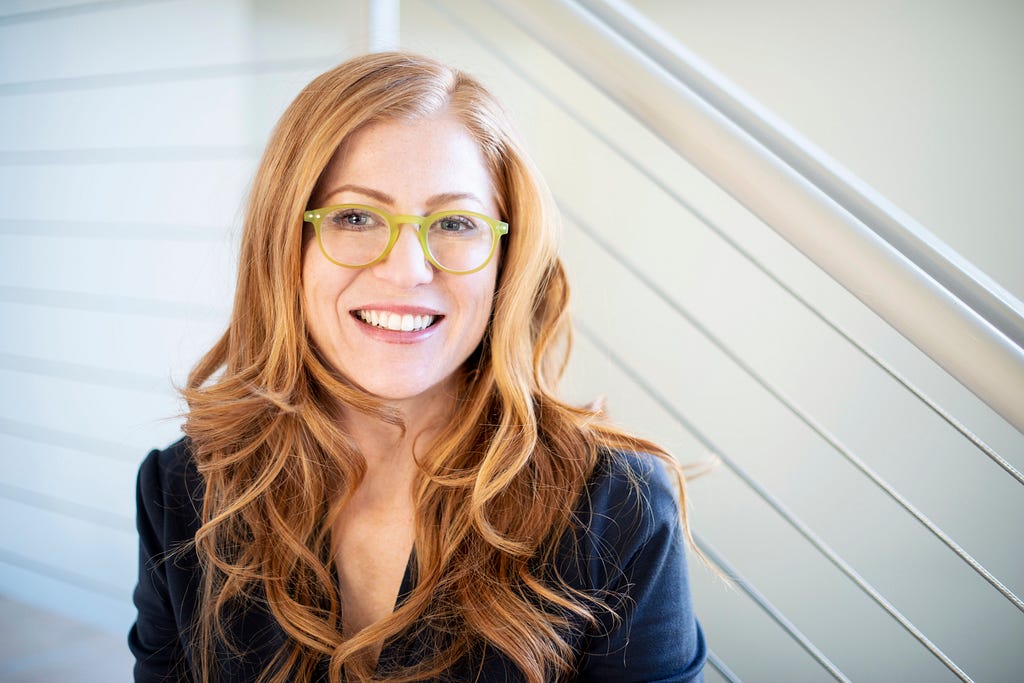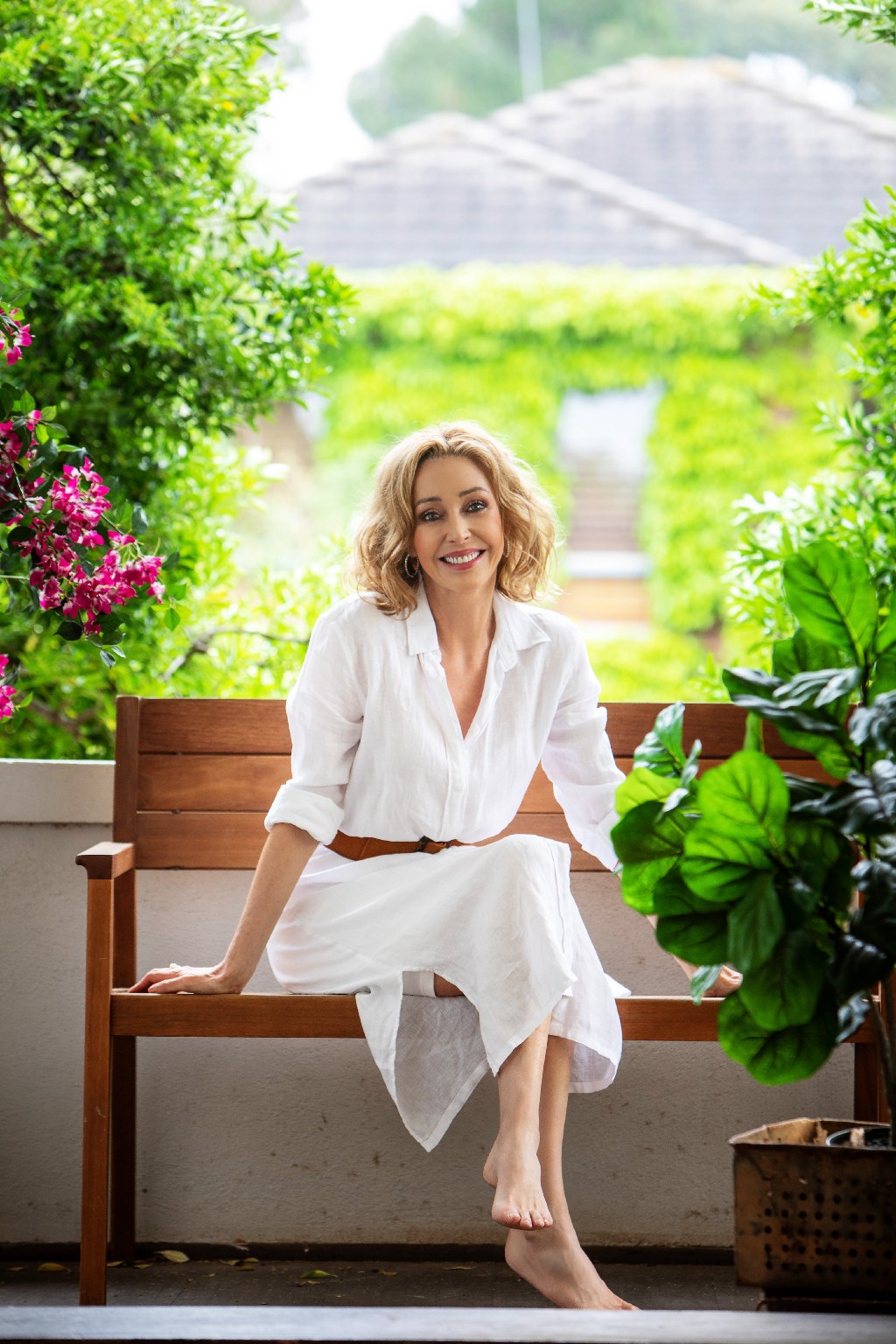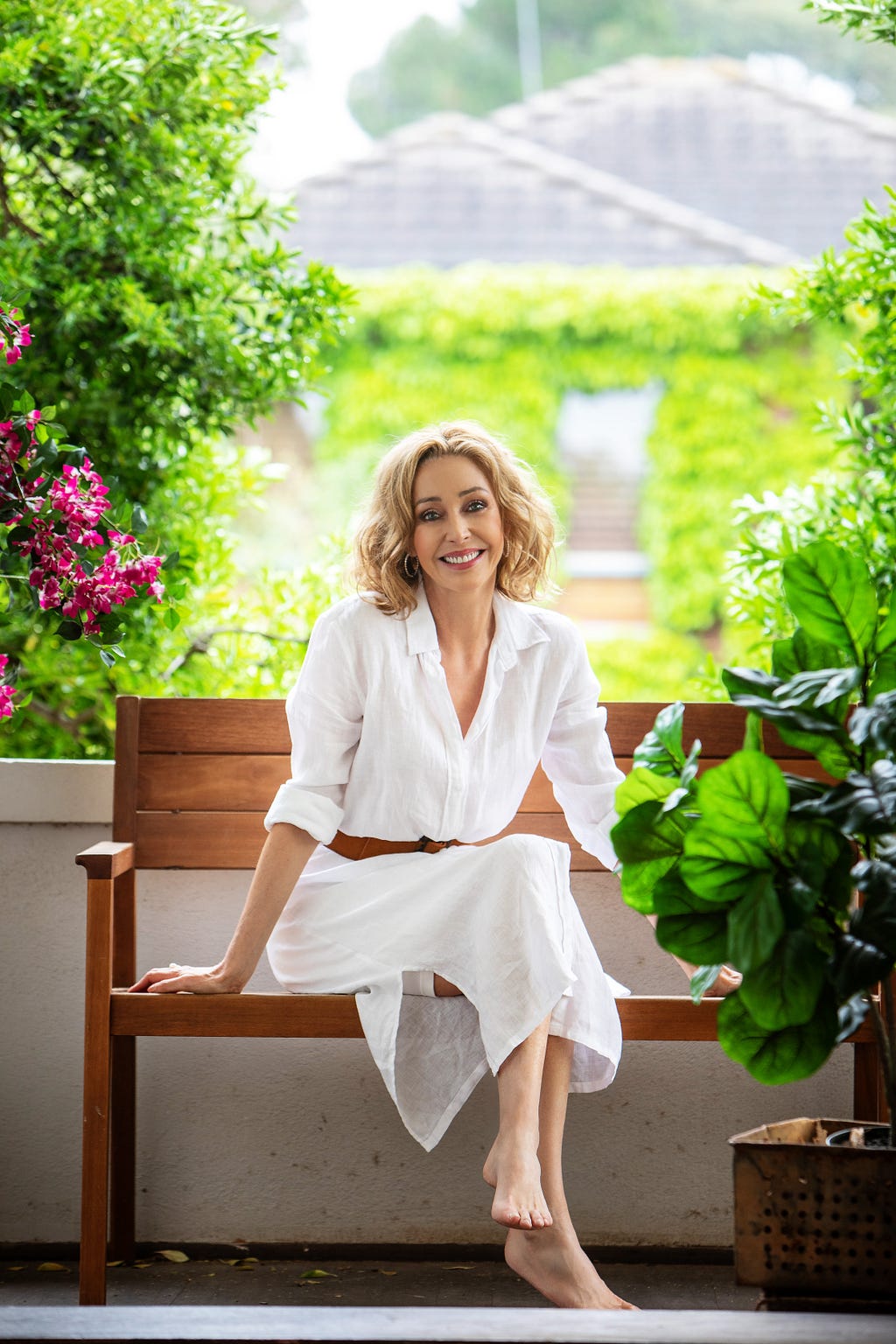An Interview With Candice Georgiadis
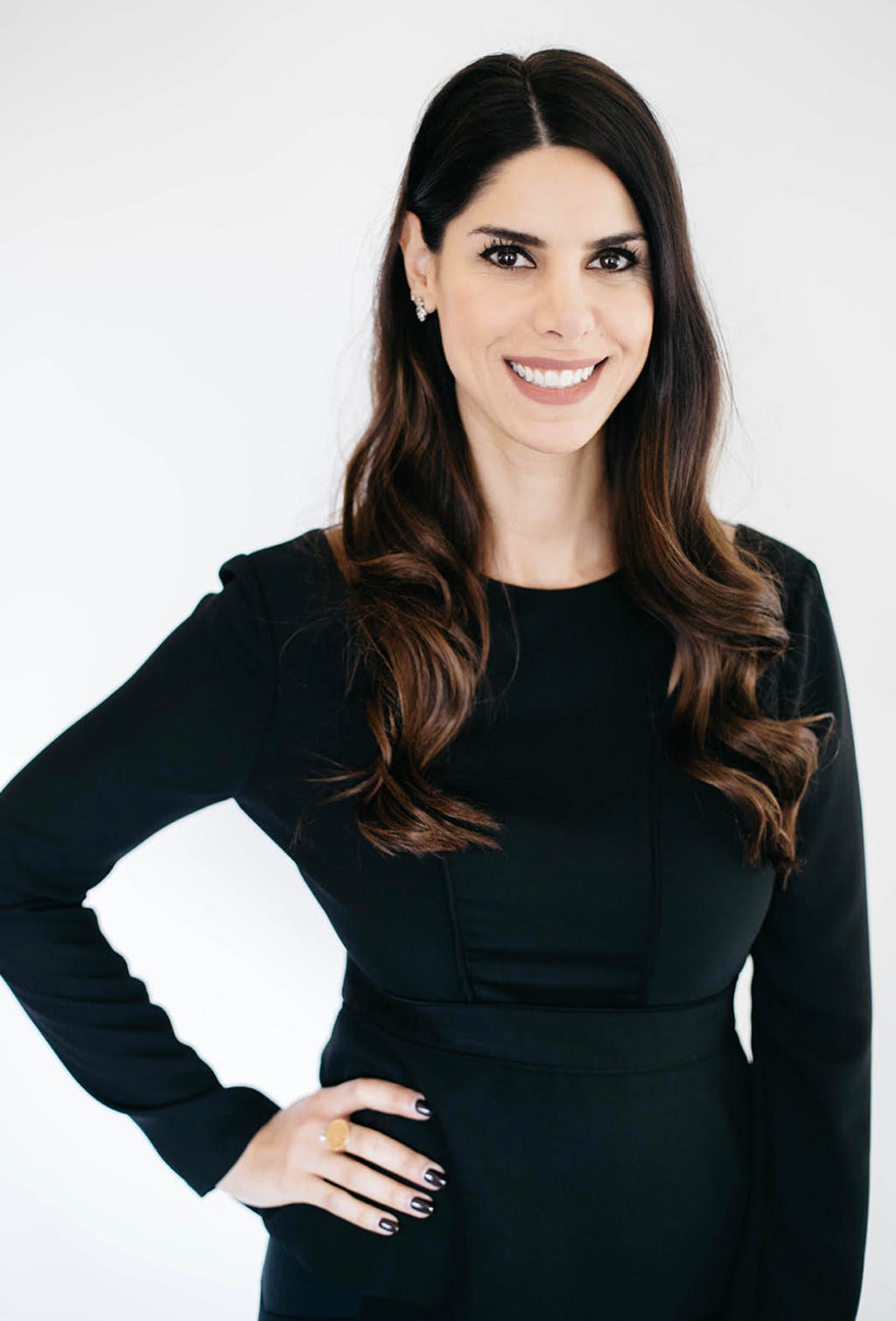
Work on learning a new skill or learn something new every day. Research has shown individuals who seek to learn new skills are happier in life and have higher self-esteem than those who do not engage in learning new skills.
As a part of my series about the “5 Things Anyone Can Do To Optimize Their Mental Wellness”, I had the pleasure of interviewing Niloufar Nekou.
Niloufar Nekou is a licensed marriage and family therapist currently working at Alter Health Group as a clinical director. Niloufar has experience in management as well as providing psychotherapy to individuals and families. She believes every individual is unique, so she takes a very hands-on approach to working with each client she serves. Her specialties include working with depression, anxiety, all types of trauma, substance and alcohol abuse, cultural diversity and handling life’s transitions.
Thank you so much for doing this with us! Our readers would love to “get to know you” a bit better. Can you share with us the backstory about what brought you to your specific career path?
I have been asked this question by people I meet, and I have always had a different answer come to me. I don’t look for the answer I rather let it come to me and this time this is what came to me.
Growing up I was faced with a lot of changes and obstacles. I didn’t know how to ease the emotional burden and struggled with voicing my feelings. I grew up fast and looking back I never allowed my old self to process any of my emotions in a healthy way.
When going through school I enrolled myself in the nursing program and my goal was to save lives and to serve mankind; however, I felt like something was missing, so I decided meet with my academic advisor to discuss different pathways and careers.
I was given the option to switch majors from nursing to psychology. I thought about it for a day and came back and chose to major in psychology and was able to graduate on time with my bachelor’s. I was always the one giving my friends life advice and people naturally gravitated to me. In addition, I have always had the gift of listening and being able to make individuals feel heard and loved. Looking back this was the best decision of my life and I would choose that path again if I went back in time.
Can you share the most interesting story that happened to you since you started your career?
The most interesting story that I always go back to is when I was in my graduate program and began traineeship hours (you begin completing hours prior to graduation). I remember my first client walking into the office asking me, “Can you fix me? I’m broken, you have to be very good at what you do, or you are not going to be able to handle me.” Those words were so powerful that I decided to do everything I could to help her recover from what she was going through. What’s interesting about this case is that I worked so hard — harder than my client — and thought by doing that, I would be able to fix everything that she had gone through from her childhood to her adulthood. It puts a smile on my face when I think of this story.
None of us are able to achieve success without some help along the way. Is there a particular person who you are grateful towards who helped get you to where you are? Can you share a story about that?
I graduated from the University of Charleston with my bachelor’s degree and moved to California in 2011. Two months later, I met my now husband and he began to encourage me daily to pursue my master’s degree. I was hearing him at the time, but it took me almost one year to have the courage to move forward. Once I did, I received a call from The Chicago School of Professional Psychology admissions, who informed me of my acceptance to their marriage and family program. I was beyond grateful and at that point I knew a new chapter was about to begin for me.
What advice would you suggest to your colleagues in your industry to thrive and avoid burnout?
When I began my career as a marriage and family therapist (MFT), I had a hard time understanding burnout and how it affects so many individuals in the field of psychology.
To become a licensed therapist in the state of California you must obtain 3,000 hours over the course of three years. By the end of my third year, I truly understood what the word burnout meant. At this point, I knew I must do something. I found little to no time in my busy schedule — between my full-time job and full-time internship — to engage in self-care. I have learned over the years that self-care if not just a fancy word it is a commitment that one should adhere to. Especially as a therapist, it is “a must” to engage in therapy.
My personal advice to all my colleagues is to have structure and commit to self-care at least once to twice per week. You must care for yourself before you can care for another individual.
What advice would you give to other leaders about how to create a fantastic work culture?
Establishing healthy work culture is an essential task that every leader is responsible for.
To create a healthy culture at work, one must define an ideal workplace culture. Once you have identified an ideal workplace culture then it’s time to establish trust and set clear expectations and goals. As a leader, always look to set measurable and attainable goals and give feedback frequently. Finally, focusing on employee engagement, recognize and reward good work. I have always followed this model and have seen success in creating a healthy work culture.
Ok thank you for all that. Now let’s move to the main focus of our interview. Mental health is often looked at in binary terms; those who are healthy and those who have mental illness. The truth, however, is that mental wellness is a huge spectrum. Even those who are “mentally healthy” can still improve their mental wellness. From your experience or research, what are five steps that each of us can take to improve or optimize our mental wellness. Can you please share a story or example for each.
To have a healthy mind you’ll need to create structure in your day-to-day schedule.
- Set goals and practice time management. Set your alarm at the same time daily, engage in physical activity, have a healthy breakfast and manage your time for work and your self-care.
- Manage daily stress and anxiety by engaging in breathing exercises, mindfulness techniques, daily gratitude and exercise.
- Reach out to loved ones and people that add to your life. Staying connected to loved ones has shown to promote a healthy mind and lifestyle.
- Work on your communication skills and learn how to talk about or express your feelings regularly. Seek therapy, if needed, to learn how to manage your emotions before they become unmanageable.
- Work on learning a new skill or learn something new every day. Research has shown individuals who seek to learn new skills are happier in life and have higher self-esteem than those who do not engage in learning new skills.
Much of my expertise focuses on helping people to plan for after retirement. Retirement is a dramatic ‘life course transition’ that can impact one’s health. In addition to the ideas you mentioned earlier, are there things that one should do to optimize mental wellness after retirement? Please share a story or an example for each.
Research has shown an 8–10 percent decline in mental health for individuals post-retirement in a period of six years. Being proactive with planning for the adjustment period can prevent a decline in mental wellness in individuals who are closer to retirement years.
A former client of mine told me once, “I feel lonely. I find it challenging getting through my day, I feel bored and hopeless. I feel as though I am brain-dead, and I am being left further and further behind in social interaction and discovering new hobbies…I don’t have the desire to do anything, I was wrong about retirement.”
Other than being proactive with planning, it is critical to connect with the outside world to increase sense of self-worth and belonging.
How about teens and pre teens. Are there any specific new ideas you would suggest for teens and pre teens to optimize their mental wellness?
Parents or legal guardians need to be educated on warning signs of their teen and pre-teen mental health conditions. Other than seeking professional guidance, parents or legal guardians must learn how to engage with their children and to teach them healthy coping skills from early ages. Most teens struggle with expressing their feelings and as a result, they engage in unhealthy coping mechanisms. Preventative measures are key to identifying and minimizing mental health concerns in teens and pre-teens.
Is there a particular book that made a significant impact on you? Can you share a story?
I have always gravitated towards learning why we are the way we are, and that lead me in to specializing in traumas and getting trained in EMDR (Eye Movement Desensitization Reprocessing). I believe healing begins when one is open to healing their deeper wounds.
One of the books I had to study was “The Body keeps the Score” by Bessel A. van der Kolk.
This book helped me understand the relationship between trauma and the body. Personally, it helped me make some realizations about myself and those around me that helped me gain more skills as a therapist.
You are a person of great influence. If you could start a movement that would bring the most amount of good to the most amount of people, what would that be? You never know what your idea can trigger. 🙂
If I was to start a movement it would be called “Alter Movement.” The inspiration comes from Alter Health Group, the treatment center I work at currently. Our CEO inspires me with his mission and vision to change lives day in and day out. The purpose of the “Alter Movement” would be to bring out the best in people and save lives every day.
Can you please give us your favorite “Life Lesson Quote”? Do you have a story about how that was relevant in your life?
My life-long favorite quote is: “Your life is already a miracle of chance waiting for you to shape it’s destiny.” -Toni Morrison.
This quote has motivated me for years. I have written this quote in my schoolbooks since I began high school and I have saved in my phone as a reminder to myself that life is in existence and what I do with it will shape who I am and how I want to live.
What is the best way our readers can follow you on social media?
I used to be more active on social media but have been so focused on my life and work that I have had very little time to attend to it. I do have an Instagram page named: psychology_wellness_oc.
I’m hoping to spend more time to develop my page for users who are looking for positive, inspirational and educational content.
Thank you for these fantastic insights. We wish you only continued success in your great work!
Niloufar Nekou of Alter Health Group: 5 Things Anyone Can Do To Optimize Their Mental Wellness was originally published in Authority Magazine on Medium, where people are continuing the conversation by highlighting and responding to this story.


